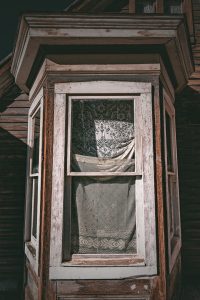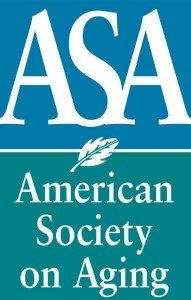 Chronic nursing home abuse that results in frequent trips to hospitals and intensive care units is a problem in San Diego County and throughout Southern California. According to a recent article in the Compton Herald, a chronic nursing home neglect case in Inglewood highlights the risk of serious injuries in particular facilities and the threat of continuing healthcare violations. In the recent case, the facility, Centinela Skilled Nursing & Wellness Centre, is one of numerous facilities owned by the Los Angeles billionaire Schlomo Y. Rechnitz, which are operated under the chain name of Brius Healthcare Services and have already came under scrutiny in 2016. Does the recent case suggest that Southern California residents need to be wary of this healthcare chain? What can family members do to help prevent nursing home abuse and neglect?
Chronic nursing home abuse that results in frequent trips to hospitals and intensive care units is a problem in San Diego County and throughout Southern California. According to a recent article in the Compton Herald, a chronic nursing home neglect case in Inglewood highlights the risk of serious injuries in particular facilities and the threat of continuing healthcare violations. In the recent case, the facility, Centinela Skilled Nursing & Wellness Centre, is one of numerous facilities owned by the Los Angeles billionaire Schlomo Y. Rechnitz, which are operated under the chain name of Brius Healthcare Services and have already came under scrutiny in 2016. Does the recent case suggest that Southern California residents need to be wary of this healthcare chain? What can family members do to help prevent nursing home abuse and neglect?
Details of the Recent Nursing Home Abuse and Neglect Case
As the article reports, a Southern California woman was admitted into the Centinela Skilled Nursing & Wellness Centre in Inglewood, where she was supposed to obtain rehabilitative services after being discharged from the Centinela Hospital Medical Center. While in the hospital, the patient had received care for about six weeks for “a severe body infection.” When she enters Centinela Skilled Nursing, her family members indicated that she was “progressing steadily,” recuperating from the infection that required her hospitalization. However, when the family visited her at the nursing facility a short time later, they found her “sitting in a wheelchair in a seemingly catatonic state, trembling uncontrollably, mumbling jibberish with her eyes rolling back in her head.”
 If you file a nursing home abuse lawsuit in Rancho Bernardo, can you be eligible to receive punitive damages? Punitive damages represent a particular type of remedy that is not awarded in many cases, including in lawsuits concerning nursing home abuse allegations. However, according to a recent opinion from the California Court of Appeals, Jarman v. HCR ManorCare (2017), there are indeed cases of elder abuse in which punitive damages are appropriate.
If you file a nursing home abuse lawsuit in Rancho Bernardo, can you be eligible to receive punitive damages? Punitive damages represent a particular type of remedy that is not awarded in many cases, including in lawsuits concerning nursing home abuse allegations. However, according to a recent opinion from the California Court of Appeals, Jarman v. HCR ManorCare (2017), there are indeed cases of elder abuse in which punitive damages are appropriate. Southern California Nursing Home Abuse Lawyer Blog
Southern California Nursing Home Abuse Lawyer Blog

















